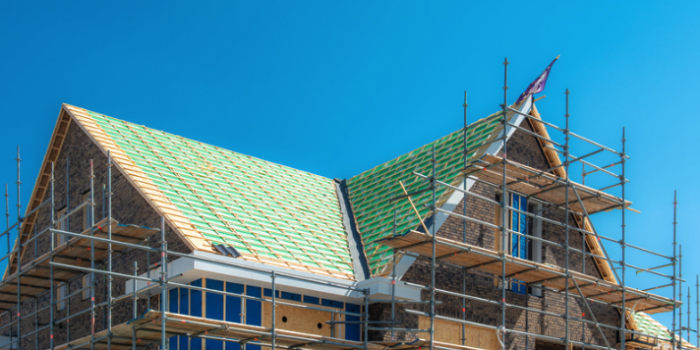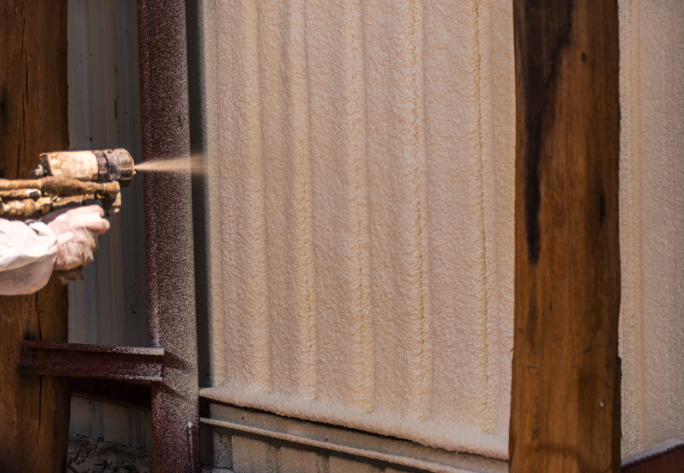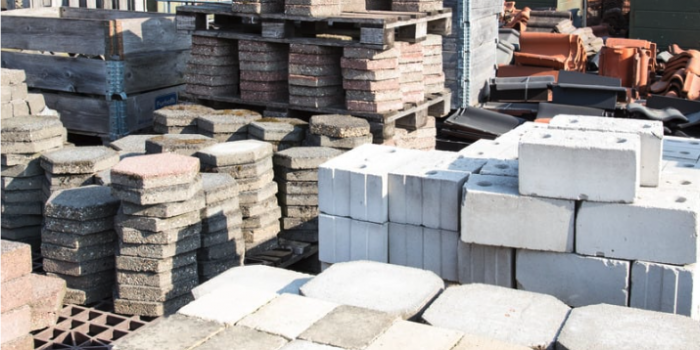
Key Considerations For Commercial Building Insulation

For commercial property owners and facility managers, achieving energy efficiency while maintaining a comfortable environment is a top priority. A crucial component of this goal is effective insulation.
This article will delve into the key considerations when installing or replacing insulation in your commercial spaces, making it easier for you to address your commercial insulation needs.
Commercial Insulation: 7 Crucial Factors to Consider
Before starting any insulation project, keep these seven considerations in mind:
Insulation Materials
Choosing the right insulation material has a profound impact on the thermal resistance of your building. The most common options include:
- Fiberglass
- Cellulose
- Spray foam
- Mineral wool

R-Value
Codes and Standards
Environmental Impact
Building Materials






